Shaping the future through science
Another WISA winner
Prof Shivani Bhardwaj Mishra was the second runner up in the award for Natural and Physical Science at the Women in Science Awards (WiSA) ceremony at the Sandton Hilton Hotel on 11 August 2016.
Unisa is committed to gender empowerment and the creation of fair opportunities for women to grow in the institution, both as students and staff members. It prides itself on many of the successes it has attained in this regard, particularly the creation of a space for women in the fields of science, engineering and technology (SET).
In the College of Science, Engineering and Technology (CSET), there exists a cohort of women academics whose career achievements can serve as an inspiration to young women and men alike who want to pursue a career in these fields. Their stories are also evidence of the fact that, contrary to what many believe, Unisa is the ideal institution of choice for the study of SET.
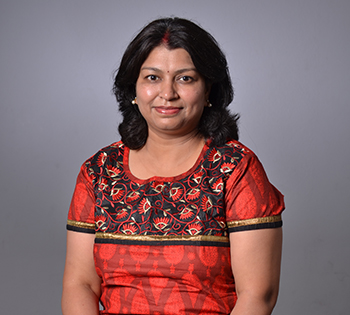 Prof Shivani Mishra Bhardwaj
Prof Shivani Mishra Bhardwaj
What factors influenced you to choose this career path?
It was my passion for teaching since high school. To be a teacher is an inbuilt quality and cannot be judged through academic degrees. I believe in transfer of knowledge to young minds in the most simplistic manner rather than in a difficult language which is way beyond understanding.
What kind of education, training, or background?
I accomplished my doctoral degree in 2003 and was interested in doing research so that I could improve on the skills I developed during the course of the study. I was fortunate to acquire a position in the CSIR laboratory in India and later on as a postdoctoral fellow at UFS; that helped me to get exposed to newer techniques and ideas.
What do you do? What are the duties/functions/responsibilities of your job?
I am working in the field of nanotechnology and water research. The duties associated with my position as a professor are to train postgraduate students, secure funding for research, collaborate nationally and internationally, publish in scientifically accredited journals, and showcase my work at various conferences.
What is a typical day like for you?
As busy as it can be from 6 am to 11 pm doing my domestic and professional responsibilities. I enjoy every moment to keep myself busy.
What part of this job do you personally find most satisfying?
This job allows me to develop my skills as a researcher and a platform to think and execute new ideas.
What has been the greatest challenge you have faced in your career to date?
To create my own niche as a woman in the field of science and, like other careers, this field is also predominantly dominated by male counterparts.
What kinds of accomplishments tend to be valued and rewarded in this field?
The amount and level of research publications and the research funding from external funding agencies
What are the major qualifications for success in this occupation?
A doctoral degree is a must requirement and postdoctoral research experience adds value to achieve the success. It’s a career that needs extreme patience, hard work, dedication as a student and as a woman professional.
What particular skills or talents are most essential to be effective in your job?
To be well informed about the latest developments in the chosen field of research and to be able to design a blueprint of the idea that can be successful and accepted in the scientific community.
What is the future of the field in terms of new and expanding opportunities?
The most satisfying aspect of any research would be to develop commercial prototypes. To achieve this is a challenge as it would allow the synergy between the scientists, engineers and technologists. There is always a wide scope of new and expanding opportunities in every research field.
*Submitted by Thembeka Ntuli-Mpapama
Publish date: 2016-08-15 00:00:00.0


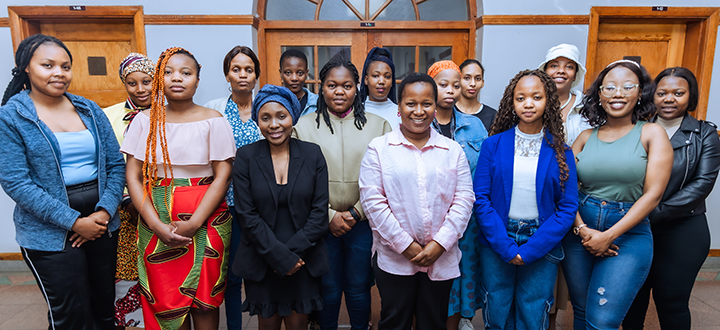 Second cohort of the Bosadi Artisan Creative Media Business Start-up Programme launched
Second cohort of the Bosadi Artisan Creative Media Business Start-up Programme launched
 Percy Qoboza remains a luminary voice for truth and justice in the digital era
Percy Qoboza remains a luminary voice for truth and justice in the digital era
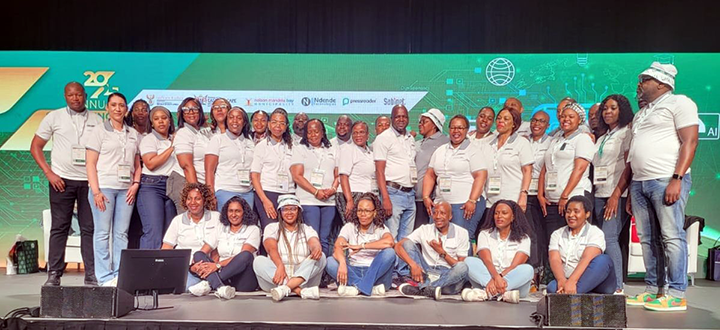 Unisa celebrates excellence at LIASA Conference
Unisa celebrates excellence at LIASA Conference
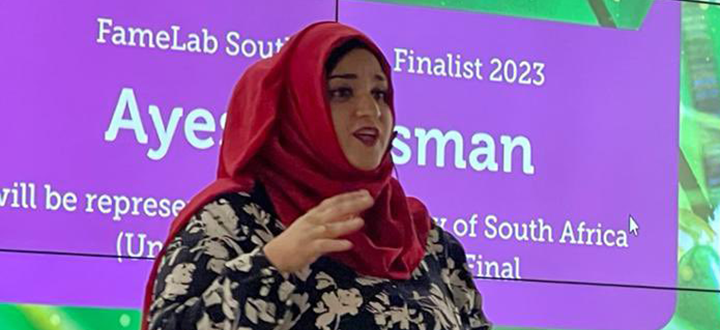 From personal struggles to national reach
From personal struggles to national reach
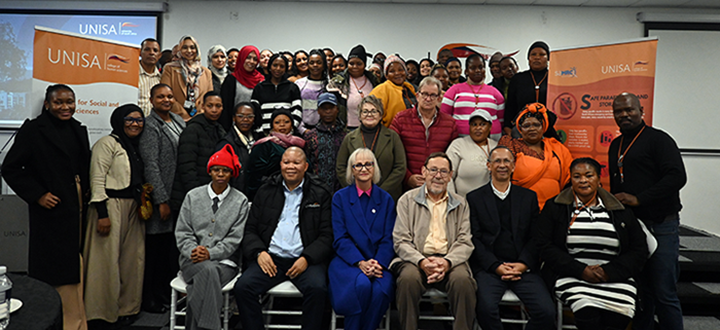 Why South Africans need safer energy alternatives
Why South Africans need safer energy alternatives